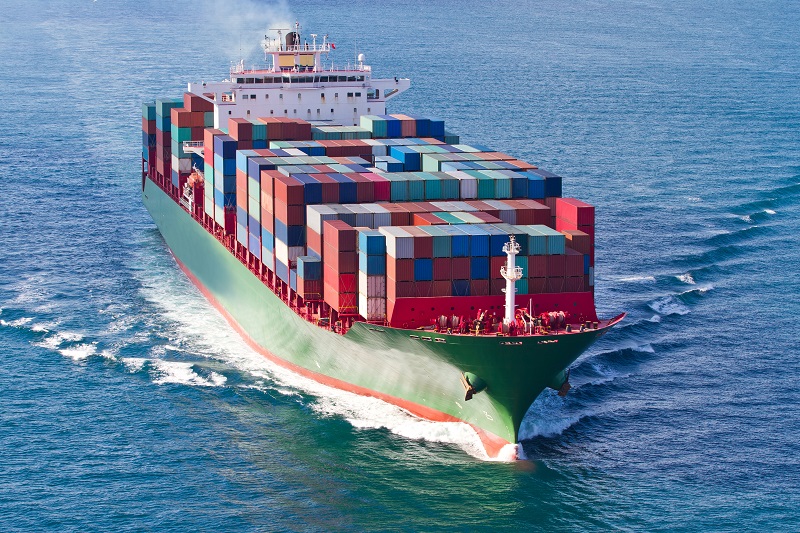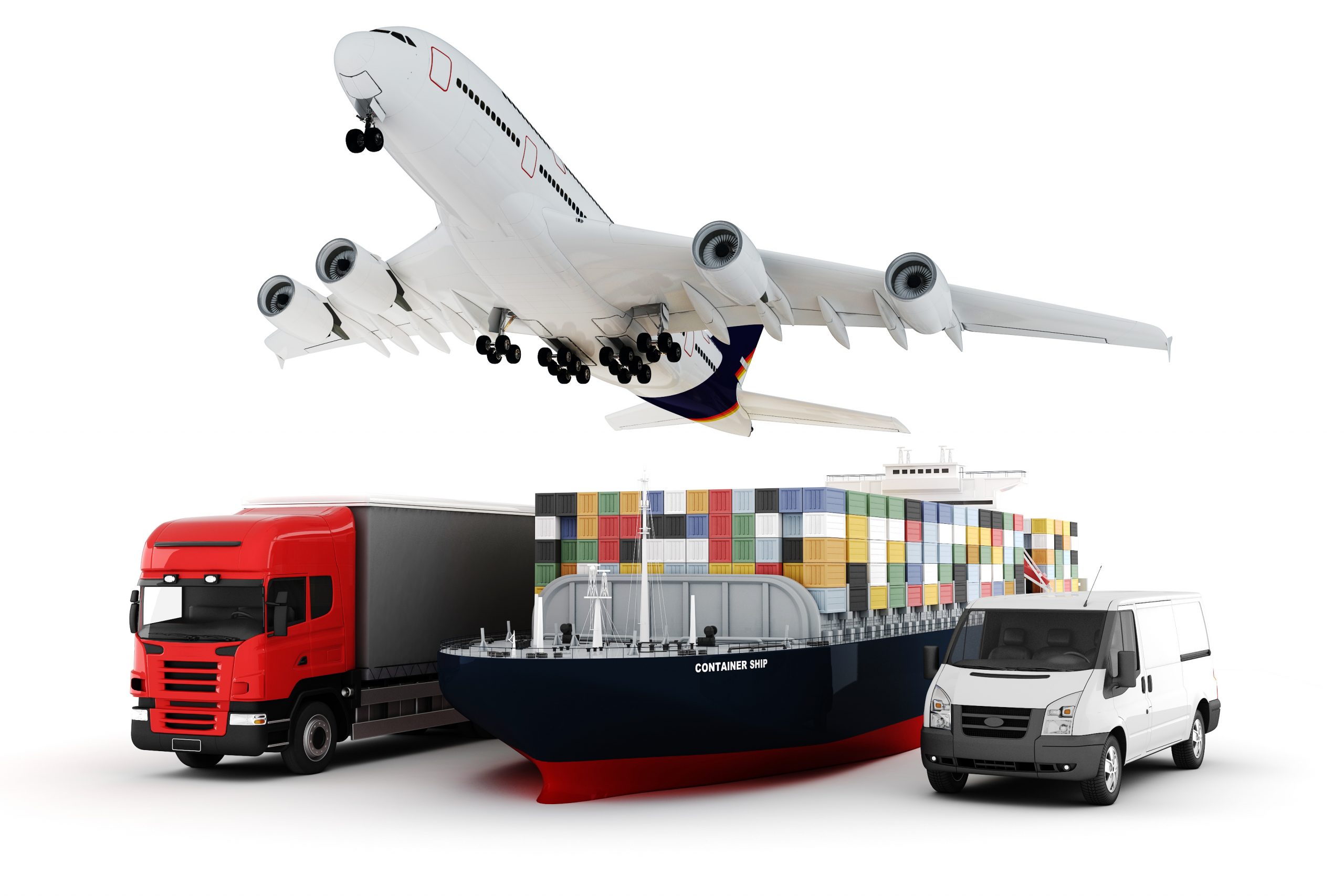By Andrea Dyson | Posted 11 June 2021
The cost of freight forwarding and customs clearance for delivery of goods from overseas can be one of the biggest expenses for your business. Planning ahead and making a few smart decisions at the start of your shipping process could save you money as well as your precious time.
We listed our top 8 tips for saving you time and money, and probably a decent headache, on your next cargo delivery.
1. Employ the services of a reputable freight forwarding company
Using a reputable and experienced freight forwarder will be THE number one cost and time-saving factor on your next shipment.
A freight forwarder will arrange the whole shipping process for you. From the collection of goods from the manufacturing source to delivery right to your door, so you don’t have to waste time trying to liaise with operators all over the world.
Freight forwarding companies also generally manage large volumes of bookings, so they will be able to achieve discounted rates on freight and customs clearance.
It’s worth reading our piece on how using a freight forwarder will help your business.
2. Choose the right delivery option for your requirements
For Australia, there are only two options for receiving your goods into the country. They are via sea freight or air freight. Choosing between the two will depend on whether you want to save money or if time is more critical.
In general, air freight is expensive but will save you a lot of time. You will usually receive your delivery within days. Find out more about available air freight services.
Sea freight is much more cost-effective but delivery from most international ports can take from 2 to 8 weeks.
A good freight forwarder will also be able to assess your situation and help you make the right decision.
See details of some of our regular sailing schedules or find out more about sea freight benefits and options.
3. Plan ahead of time
There are many factors that can delay international cargo delivery, many of them unforeseen – think tornadoes off the coast of the Philippines, global pandemics, ships stuck in major shipping canals.
Planning as far ahead as possible could save you a whole lot of frustration and disappointment when deliveries are delayed. Global and regional delays also tend to increase freight costs and nobody wants that.
Delays and increases to freight also occur during peak demand periods like the lead up to Christmas or other major regional holidays. Always be aware of the national holidays in the country of origin from where you are shipping.
China, being a major hub for exports to Australia, has several national holidays which can last for many days. See our information on Chinese holidays for a list.
On the flip side, when transport demand is low, prices will be more competitive e.g straight after Chinese New Year and the period from March to April.
Discussing timing options with your freight forwarder will take a lot of hassle out of the process.
4. Have all your required documentation ready to go
When it comes time to booking your shipment, having all the required documents ready to go will make it less likely your shipment will be held up at the border, causing you unwanted delays.
Border Force has strict compliance guidelines you must follow which can be viewed on the Border Force Website. Failure to comply could result in massive delays and hefty fines.
The correct documentation will save you money if there are tariff concessions in place with the country of origin. The Border Force website also has current information on all international tariffs.
Our resources page contains essential documents and other handy websites to help. Or feel free to contact us on (02) 8339 1844 or via the contacts page to get advice on what you need.
5. Where possible consolidate your cargo
Consolidating your cargo is important, especially if your goods have been purchased from different suppliers. Booking a full container load (FCL) will always be cheaper than sending smaller shipments via Less than Container Load modes (LCL).
A good freight forwarder, like Dyson Logistics, can help you with the process, consolidating goods at any port of origin or from different suppliers, storing and delivering them altogether.
Our resources page contains information on the different FCL options available to suit your requirements.
6. Review packaging of goods
When it comes to shipping via sea freight, weight doesn’t always matter, only the space the cargo occupies. Suppliers will generally decide how your goods are packaged. You could save money by reviewing options for your packaging and asking suppliers to improve the process on your behalf.
7. Find out if your goods are prohibited or have any export/import restrictions
There are some goods that cannot be imported or exported due to Australian or international laws. Other goods may require special permission from relevant authorities e.g hazardous materials and biological or botanical products. The Border Force website has information on prohibited and restricted goods.
Certain products also carry dumping fees which could make your import or export cost-prohibitive. It’s worth doing the research before you book your shipment or speaking with an importing expert, such as Dyson Logistics.
8. Protect your goods
Taking out marine insurance is a cost-effective way to ensure your valuable goods are being protected from door-to-door. Dyson Logistics can arrange per shipment or annual insurance coverage.
To find out more about these time and money saving tips, contact Dyson Logistics on (02) 8339 1844 or via the contacts page .


